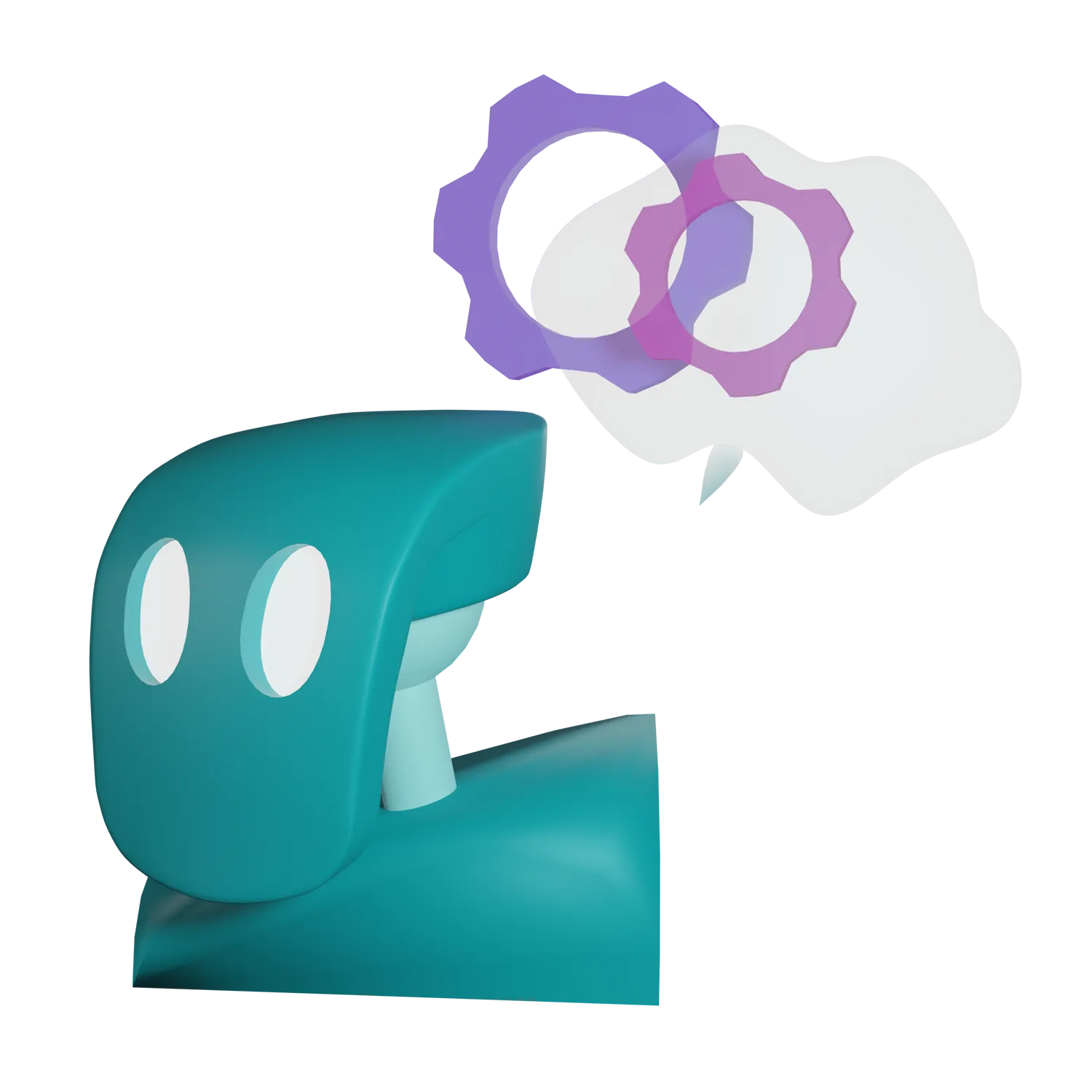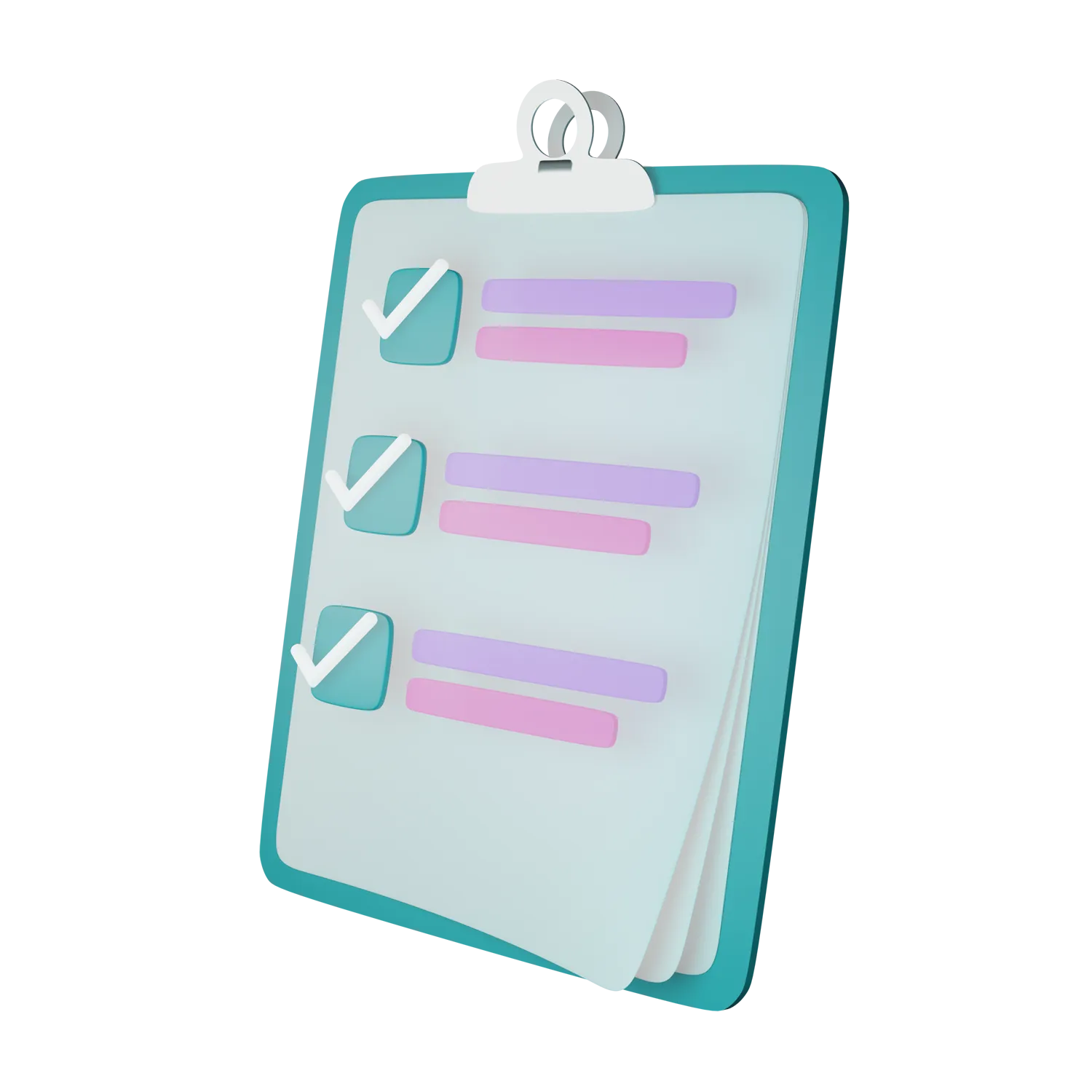Data & AI
Struggling with managing and making sense of large volumes of data?
Facing challenges due to inefficient data management or lack of data-driven insights? Worried about data security? We offer data science services, integrating AI to drive insightful analysis and strategic decision making.


Successfully delivering data & AI projects for





(and others we can’t name)
Our data & AI practice works with Australian and New Zealand businesses.
We build data capability in six key areas.
Here’s how we do it:
Assessments & strategy
We can help you align your data and AI initiatives with your business objectives, ensuring that your strategies are purpose-built to drive tangible outcomes.
Engineering
We can support you by building robust data pipelines, storage solutions and data processing capabilities to ensure your data is accessible, reliable, and optimised for analytics and AI applications.
Governance
We can establish data governance frameworks tailored to your specific needs, encompassing data security, privacy compliance, and ethical considerations.
Reporting
We can create visual representations of data insights and trends, enabling you to communicate and interpret data effectively, supporting data driven decision making across your organisation.
Enablement
We empower you to effectively leverage data and AI capabilities within your organisation. We aim to build internal capabilities and foster a culture of data and AI proficiency.
Analytics & AI
We can leverage advanced analytical techniques and AI solutions to derive actionable insights, automate processes, and drive innovation within your business.
Our unique approach
We rethink project delivery by blending four simple layers. Individually they are useful but combined they are unstoppable.

Engagement
How we engage our clients from a contractual perspective. It's where we blend capacity with capability through delivery.

Method
Our delivery methodology. It is where we blend agile principles with traditional project management, planning, and governance.

Enablers
Our unique enablers enhance our ability to ensure success. It’s the people, process systems, and practice IP we rely on to deliver better.

Leverage
Our positioning within the large multinational Talent group and the tremendous access and backing it provides.
Our partners





Success stories
GenAI travel chatbot delivers 90% accuracy for major Australian airline
The challenge The airline’s internal Team Travel unit was inundated with routine queries about staff travel entitlements, policy rules, and edge case scenarios. These enquiries, received via email and social platforms, required manual responses, often involving...
Integrating an analytics solution at a state government department
The challenge The Avec team were commissioned by a state government department’s analytics team to provide data science and solution architecture services across multiple projects. The project presented several key challenges including the consolidation of diverse...
Revolutionising investment assessment at EVP
The challenge Equity Venture Partners (EVP), a notable venture capital (VC) fund, was grappling with an inefficient and time-consuming investment assessment process. EVP employees were manually evaluating thousands of potential investments, a task that demanded...
Streamlining sales reporting for Assetlink
The challenge Assetlink faced time-consuming and inaccurate sales reporting processes, resulting in delayed decision-making and suboptimal resource allocation. The existing reports, managed by the Sales manager and an resource-constrained IT team, did not meet the...
What services can Avec provide in the assessments & strategy capability?
Avec can develop data assessments and strategies tailored to your specific needs. These can include:
- Data strategy
- AI strategy
- Platform assessment and design
- Data governance framework development
- Ethics audits
- Advisory services
What governance services can Avec provide when it comes to data & AI?
Governance services include:
- Data cataloguing and classification
- Data discovery
- Data quality monitoring and improvement
- Maste data management
- Data retention and archiving
- Lifecycle management
How does Avec support clients through their enablement capability?
Avec’s enablement capability supports clients in building internal capabilities and ensuring that their teams are equipped to derive value from data and AI technologies. Services include:
- Data and AI solution architecture
- Data integration and transformation
- Data migration and management
- Cloud enablement
- Data virtualisation and federation
- Data lake and big data architecture
What data engineering services are available to clients?
Services include:
- Data pipeline development and orchestrtaion
- ETL
- Data cleansing and transformation
- Data warehousing and storage
- API development and integration
What is involved in Avec's reporting capability when it comes to data & AI?
Services include:
- Data visualisation design and development
- Interactive dashboard development
- Self-service business intelligence
- Performance monitoring and reporting
- Ad hoc data analysis and reporting
How does Avec leverage advanced analytical techniques and AI solutions?
Avec leverages advanced analytical techniques and AI solutions to drive innovation, efficiency, and strategic decision-making through:
- Data analytics
- Data mining and predictive analytics
- Customer segmentation and profiling
- Anomaly detection and fraud analytics
- Natural language processing
- Computer vision
- Network analytics
Can GPT-3 perform web scraping?
GPT-3 does not have the capability to perform web scraping directly. It cannot interact with websites, extract data, or handle HTTP requests. Instead, GPT-3 can assist in generating code for web scraping tasks based on provided prompts. For instance, you can prompt GPT-3 to write a Python script using libraries like BeautifulSoup or Scrapy to scrape data from websites.
Does GPT-3 have built-in web searching capabilities?
GPT-3 does not inherently have built-in web search functions. To perform web searches, one would typically need to integrate GPT-3 with external tools or APIs that can handle web search queries and retrieve information from the internet. While GPT-4 and some custom implementations of GPT-3 may include web browsing or search functionalities, these are not native to the standard GPT-3 model and require additional integration and setup.
Can GPT-4 perform web searching within the consumer app?
Yes, GPT-4, through the ChatGPT Plus subscription, has web browsing capabilities. This feature allows it to access and retrieve information from the web, making it more capable of providing up-to-date answers compared to GPT-3, which lacks this ability.
How does GPT-4’s web search functionality compare to custom-built GPTs or agents with web scraping tools?
While GPT-4’s web search functionality within the consumer app offers convenience, real-time information access, and ease of use, it may lack the depth and customisation potential of custom- built GPT’s, or agents equipped with web scraping tools. Custom solutions provide greater control and specificity but require significant resources to develop and maintain. Each approach has its strengths and limitations, and the choice between them depends on the specific needs and constraints of the user organisation.
How dependable are LLMs (like GPT-3 and GPT-4) in providing accurate and hallucination-free information, especially when asked to cite sources?
LLMs like GPT-3 and GPT-4 can be highly effective in generating coherent and contextually relevant test, but their ability to provide accurate, hallucination-free information, especially with proper citation, is limited. They perform better with well-documented, widely discussed topics but struggle with lesser-known entities and specific, up-to-date queries. Integrating external verification tools and using LLMs in conjunction with databases of verified information can help mitigate some of these limitations.
How do LLMs handle less known entities or specific investment-related queries?
When dealing with less-known entities or specific investment-related queries, LLMs may produce less reliable results. Their training data may not cover niche topics comprehensively, and without access to real-time data or specific databases, they may fabricate information to provide a seemingly complete answer. This limitation underscores the importance of using additional data sources or tools that can access up-to-date and specific information relevant to the query.
What are the costs and challenges associated with using custom GPTs for web searching at scale?
Custom GPTs offer greater control, specialisation, and the ability to integrate specific datasets and tools, making them highly effective for tailored applications. However, they come with the need to consider costs and challenges, including development, infrastructure, and legal considerations. Standard GPT models provide ease of use and flexibility but lack the precision and customisation capabilities of custom solutions. The choice between custom and standard models depends on the specific needs, resources, and scale of the application.
Can you direct the output of custom GPTs effectively compared to standard GPT models?
Custom GPTs can be directed more effectively compared to standard models by tailoring them to specific tasks and integrating them with domain-specific knowledge and tools. This allows for more accurate and relevant outputs. However, this customisation requires significant expertise and resources, making it a more complex and potentially costly solution compared to using general-purpose models like GPT-4 with built-in web search capabilities.
What functionalities are available in the OpenAI API for web searching and scraping?
While the OpenAI API itself does not natively support web searching or scraping, these functionalities can be achieved through integration with third-party tools and APIs. Enhanced browsing capabilities are available in specific plans, and continuous updates and new plugins extend the model’s functionality. For specialised tasks, developers can build custom solutions using web scraping libraries and search engine APIs, often leveraging frameworks like LangChain to streamline the integration with LLMs.
